“It is our common responsibility to improve rural livelihoods via water development”- experts
On December 8, 2021 the China Institute of Water Resources and Hydropower Research( IWHR ), together with the Ministry of Water Resources and Meteorology of Cambodia (MOWRAM),organized the meeting on Rural Area, Water Conservancy and Livelihood Improvement, a session of the 2nd Lancang-Mekong Water Resources Cooperation Forum. Dr. Peng Jing, IWHR Vice President and Klok Sam Ang, Director of Department of Planning and International Cooperation of MOWRAM, addressed the session.
The session was attended either physically or virtually by officials from the Ministry of Water Resources of China and the Lancang-Mekong Water Resources Cooperation Center and over 100 experts from the six riparian countries, international organizations, and Chinese enterprises.
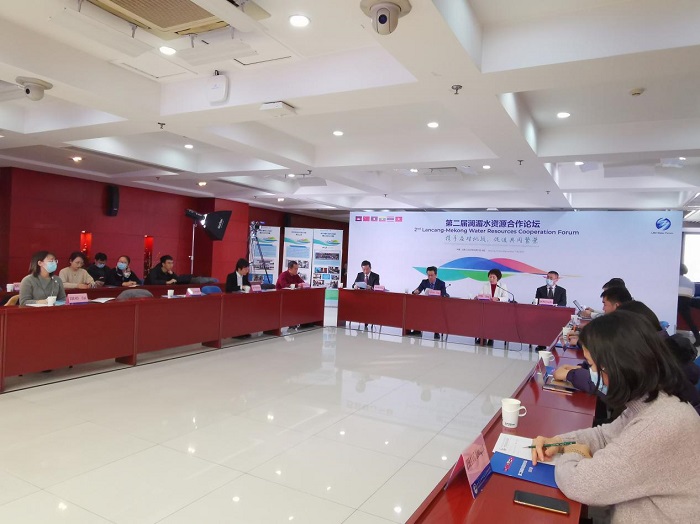
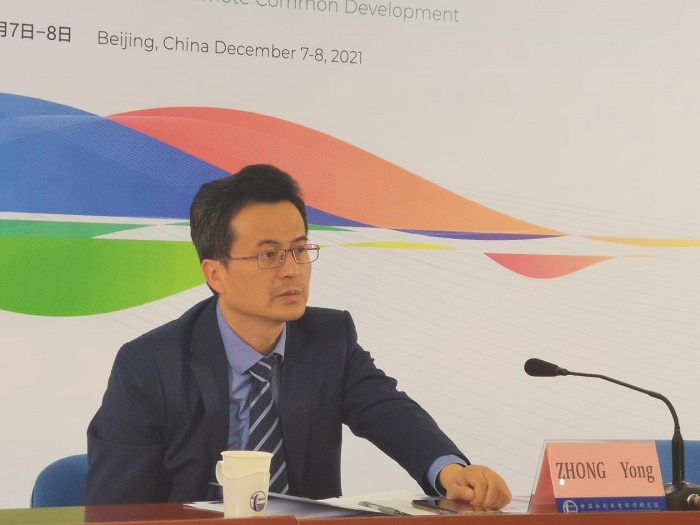
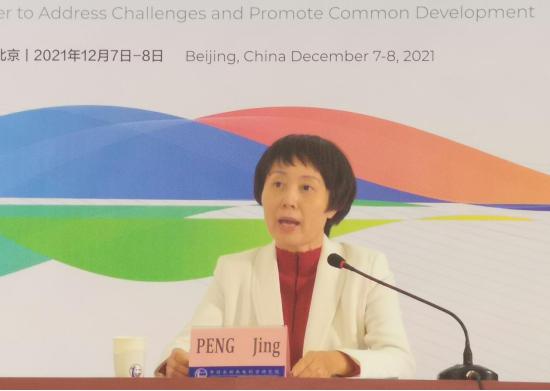
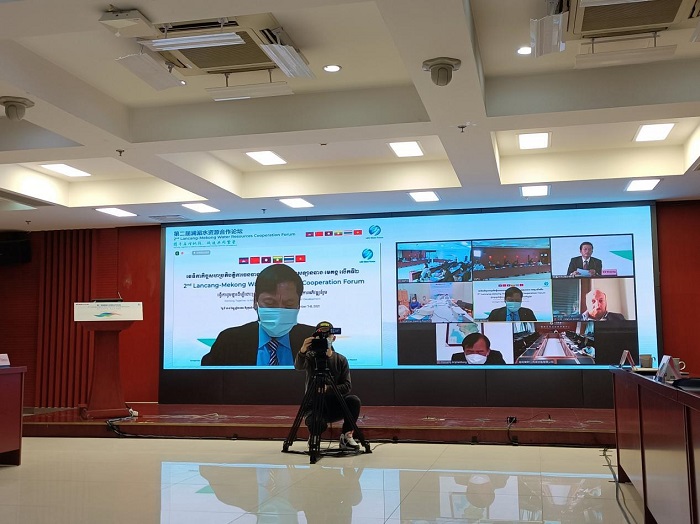
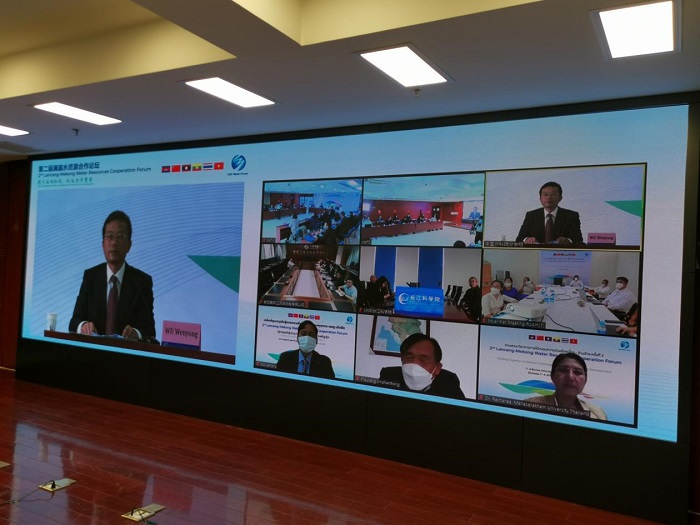
Peng Jing pointed out that livelihood improvement is a main focus in Lancang-Mekong Cooperation. Enabling people to have access to drinking water supply, water-saving irrigation and other water services is consequential to the survival and development of the rural communities. As the six Lancang-Mekong countries are bounded and are close as one family, it is our common responsibility to improve the regional rural livelihoods via water development.
Peng expressed the willingness of IWHR to cooperate with and get inspiration from other riparian countries, in a bid to advance regional water governance, improve people’s well-being, and promote shared regional prosperity.
Klok Sam Ang underlined the shared focus on water issues in rural areas, which is a decisive factor for improving water and sanitation and protecting the vulnerable groups in the region. He applauded the opening of this forum, with which discussions can be made on future win-win cooperation regarding rural water and livelihoods improvement.
The presenters were from the water government agencies of all six Lancang-Mekong countries, International Commission on Irrigation & Drainage (ICID), UNICEF, and the China Center for International Economic Exchange. They represented diverse stakeholders in the areas of water and sanitation, water-saving irrigation, and river ecosystem restoration, etc.